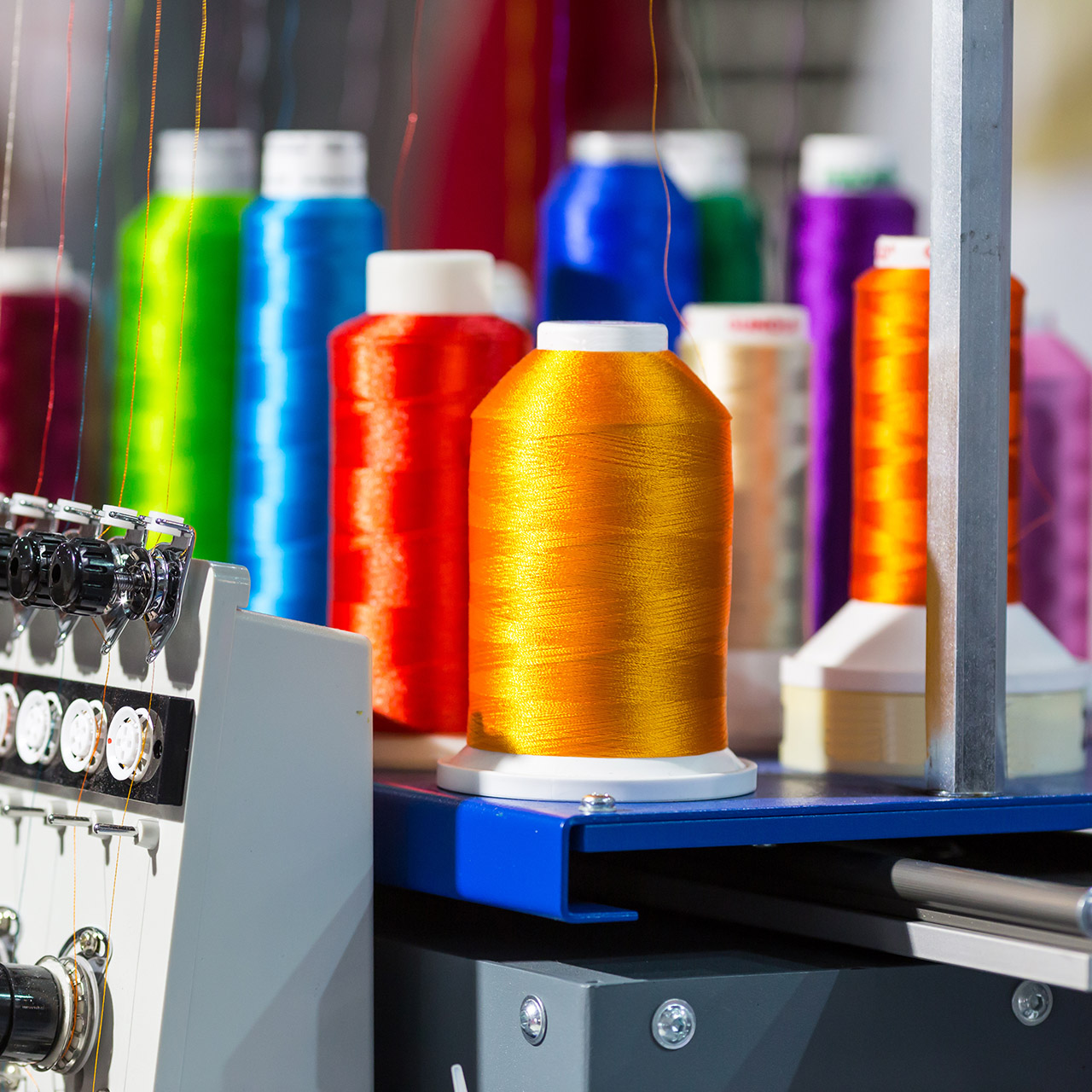This website uses cookies so that we can provide you with the best user experience possible. Cookie information is stored in your browser and performs functions such as recognising you when you return to our website and helping our team to understand which sections of the website you find most interesting and useful.
Enhancing Textile Manufacturing Efficiency: Key Performance Indicators (KPIs) Monitored and Improved by MES – ERP Integration

In the dynamic and competitive textile manufacturing industry, measuring, and optimizing performance is crucial for success. A Manufacturing Execution System (MES) plays a vital role in monitoring and improving key performance indicators (KPIs) to enhance operational efficiency and productivity. This article explores the KPIs that MES can effectively monitor and improve in textile manufacturing, leading to improved decision-making and increased profitability.
Production Efficiency
MES provides real-time visibility into production processes, enabling the measurement of KPIs such as Overall Equipment Effectiveness (OEE), machine downtime, and cycle time. By monitoring these metrics, manufacturers can identify bottlenecks, reduce idle time, and optimize production schedules. This allows for better resource allocation and improved production efficiency.
Quality Control
MES facilitates quality control by monitoring KPIs related to product defects, rework rates, and first-pass yield. It enables manufacturers like you to identify quality issues early in the production process, reducing waste and improving product quality. Real-time data provided by MES allows for quick response and corrective actions, ultimately improving customer satisfaction and reducing costs associated with rework and scrap.
Inventory Management
Effective inventory management is critical in textiles to ensure seamless production and minimize carrying costs. MES enables monitoring of KPIs such as raw material consumption, stock levels, and inventory turnover. By optimizing these metrics, you can reduce stockouts, avoid excess inventory, and maintain optimal inventory levels, leading to improved supply chain efficiency and cost savings.
Workforce Productivity
MES also plays a significant role in monitoring KPIs related to workforce productivity, such as operator efficiency, labor utilization, and production output per employee. By providing real-time performance data, it enables managers to identify training needs, allocate resources effectively, and motivate employees. Improved workforce productivity will help drive overall operational efficiency and increased profitability.
Energy Consumption
Sustainability and energy efficiency are becoming increasingly important in manufacturing. MES can monitor KPIs related to energy consumption, such as energy usage per unit of production or specific equipment. By identifying energy-intensive processes or equipment, manufacturers can implement energy-saving measures, optimize production to reduce energy waste, and contribute to environmental sustainability while reducing energy costs.
Equipment Maintenance
Unplanned equipment downtime can severely impact productivity and profitability. MES can monitor KPIs such as Mean Time Between Failures (MTBF), Mean Time to Repair (MTTR), and preventive maintenance schedules. By tracking these metrics, manufacturers can schedule maintenance activities proactively, reduce downtime, improve equipment reliability, and extend equipment lifespan.
Supply Chain Performance
Textile manufacturing involves complex supply chains. MES can monitor KPIs related to supplier performance, order fulfillment, and delivery reliability. By tracking these metrics, manufacturers can identify bottlenecks, address supply chain disruptions, optimize lead times, and enhance customer satisfaction. Improved supply chain performance leads to better customer relationships and competitive advantage.
The implementation of a Manufacturing Execution System (MES) enables monitoring and improvement of key performance indicators (KPIs) critical to operational efficiency in textile manufacturing. By effectively measuring and optimizing KPIs such as production efficiency, quality control, inventory management, workforce productivity, energy consumption, equipment maintenance, and supply chain performance, manufacturers can enhance decision-making, reduce costs, and achieve sustainable growth in an increasingly competitive industry.
Contact the Sikich experts today to see how MES can help drive improvements for your textile manufacturing business.
This publication contains general information only and Sikich is not, by means of this publication, rendering accounting, business, financial, investment, legal, tax, or any other professional advice or services. This publication is not a substitute for such professional advice or services, nor should you use it as a basis for any decision, action or omission that may affect you or your business. Before making any decision, taking any action or omitting an action that may affect you or your business, you should consult a qualified professional advisor. In addition, this publication may contain certain content generated by an artificial intelligence (AI) language model. You acknowledge that Sikich shall not be responsible for any loss sustained by you or any person who relies on this publication.




